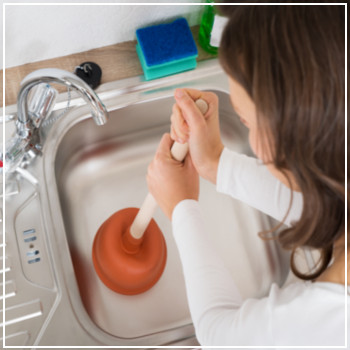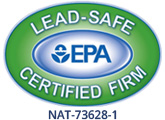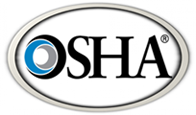Why Are Fats and Grease Bad for Drains?
 We’ve all done this before: You cook food on the stovetop with oil or butter. Most of it is used, but a small amount of residue is left in the pan. Thinking nothing of it, you wash the dishes and everything goes down the drain with the wastewater. Out of sight, out of mind – until a problem occurs.
We’ve all done this before: You cook food on the stovetop with oil or butter. Most of it is used, but a small amount of residue is left in the pan. Thinking nothing of it, you wash the dishes and everything goes down the drain with the wastewater. Out of sight, out of mind – until a problem occurs.
Once grease and fats cool down, they return to a solid state, cling to the walls of your plumbing system, and build up in the sewer.
Learn what you can do to prevent clogged pipes.
How Oils and Fats Accumulate In Pipes
Oils and fats that have just been heated flow like a liquid but once out of a hot pan, they solidify. You’ll notice this if you leave a used frying pan out on the stove:
Eventually, the oils or fats take on a greasy, semi-solid appearance that, even with a sponge and scraper, is difficult to remove. Even then, it leaves a slick residue that only degreaser can fully remove.
Every trace amount of grease that flows out with the wastewater has potential to accumulate in your pipes or the local sewer once it solidifies. Keep in mind, room-temperature cooking oil is no better: It will have the same effect if you wash out a bottle of olive oil. With time, a clog forms in your pipes and could also affect your local sewer system, causing significant backups.
While fats and grease can stick to your pipes, these substances mix with wastewater, which itself contains several chemicals, once it reaches the sewer. Here, a reaction occurs between these substances. The fatty acids from your oil or grease separate from the glycerol and bond to the calcium in the discharge water and together, they create a waxy, soap-like compound that sticks to the walls of the sewer.
When sewer levels increase, the waxy substance attaches to the ceiling, creating formations that resemble stalactites in a cave. According to one report, this buildup is responsible for up to 36,000 sewer overflows in the United States alone. Just like the pan in your kitchen, this accumulation has to be cleaned up and it’s a messy, time-consuming job.
Addressing Grease and Fat Accumulation
If you notice a backup in your kitchen sink, start by pouring a gallon of boiling water mixed with vinegar and baking soda down the drain, while also running the faucet on the highest setting. Also consider adding dish soap as you pour the water down. Doing this should break up and liquify any grease and fat deposits and move it out of the pipes.
To prevent even the smallest amount of fat or cooking oil from going out with the wastewater:
- Drip any grease you didn’t use into a can or mason jar while it’s still hot. Or, wait until it solidifies and scrape it out.
- If you intend to dispose of it, wait until the can or jar is filled to the top and scoop everything accumulated into the trash.
- If only a trace amount remains and you don’t intend to reuse it, consider dripping the oil on to a paper towel in the trash, where it will be absorbed.
Blocked pipes might be the result of fat and grease accumulation over many years. If this could be a possibility in your home, have the professionals at MJ Fahy & Sons clear out any clogs. To learn more or schedule an appointment, contact us today.




